
Ebay buys Depop for $1.2bn in effort to lure younger shoppers
The online retailer eBay has agreed to buy the British secondhand fashion resale app Depop from Etsy for about $1.2bn (£890m) in cash, as eBay targets younger fashion-loving consumers.The deal comes at a time when secondhand marketplaces continue to soar in popularity, especially among gen Z shoppers – born between 1997 and 2012 – amid a squeeze on household incomes and concerns about sustainability in fashion.However, the sale to eBay marks a $400m loss for Etsy, an online market that focuses on craft and handmade items, which bought Depop for $1.6bn less than five years ago
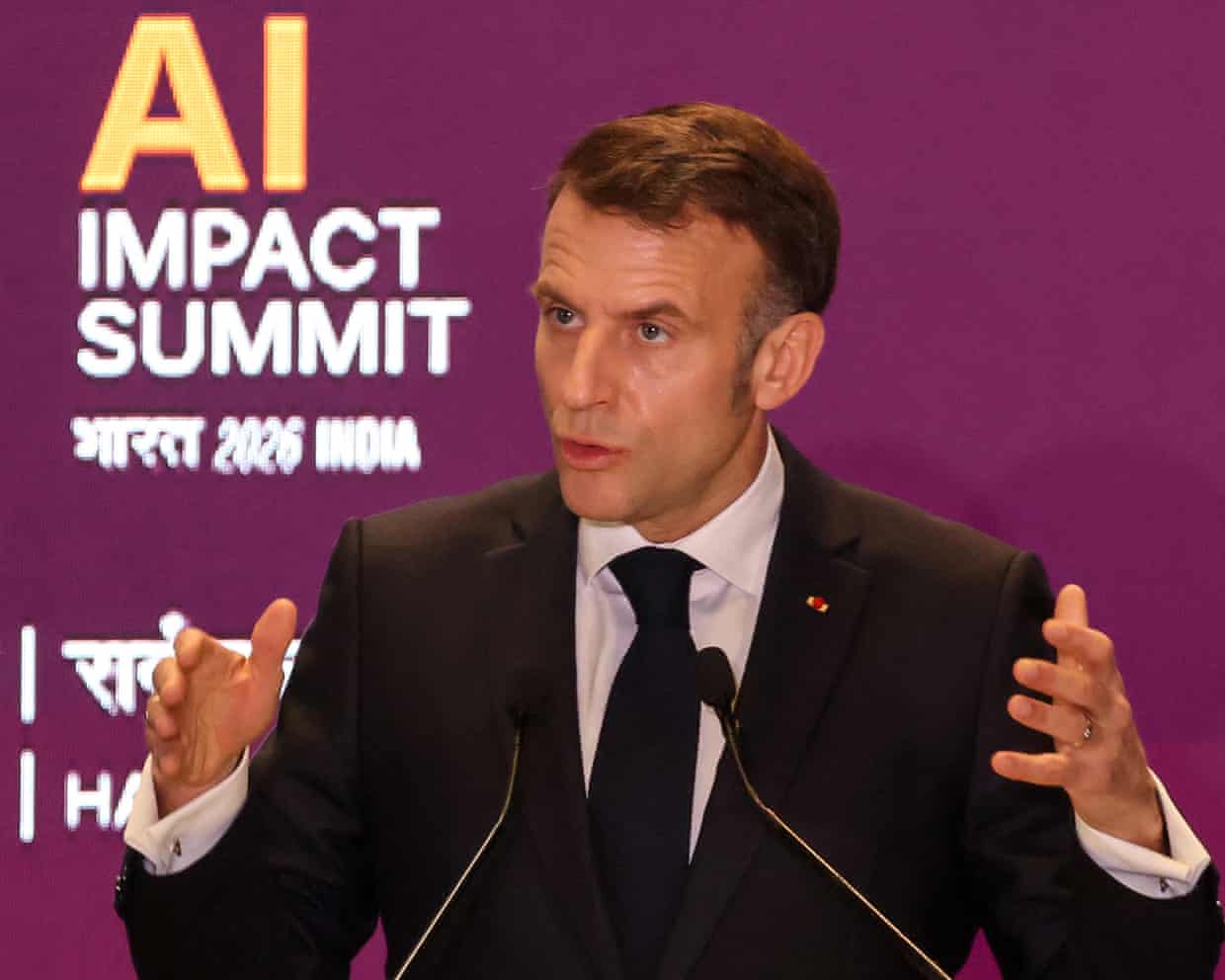
Macron defends EU AI rules and vows crackdown on child ‘digital abuse’
Emmanuel Macron has hit back at US criticism of Europe’s efforts to regulate AI, vowing to protect children from “digital abuse” during France’s presidency of the G7.Speaking at the AI Impact summit in Delhi, the French president called for tougher safeguards after global outrage over Elon Musk’s Grok chatbot being used to generate tens of thousands of sexualised images of children, and amid mounting concern about the concentration of AI power in a handful of companies.His remarks were echoed by António Guterres, the UN secretary general, who told delegates – including several US tech billionaires – that “no child should be a test subject for unregulated AI”.“The future of AI cannot be decided by a few countries or left to the whims of a few billionaires,” Guterres said. “AI must belong to everyone”

TV set is most popular way to watch YouTube in UK, study finds
The television has replaced laptops, tablets and smartphones as the most common device for UK viewers to watch YouTube at home, according to data confirming the platform’s place as a living room mainstay.More than half of all YouTube viewing through a domestic wifi connection is now done through the traditional TV, making it the top-ranking YouTube device across all age groups.The findings, from a Barb Audiences review, found that YouTube viewing is still skewed towards children, with whom the platform has been popular for some time. It has led to some concerns about the platform’s dominance in children’s TV, as well as the kinds of shows its algorithm serves up.However, TV sets became the first-choice device for YouTube viewing for over-55s in October 2023, for those between 35 and 54 in April 2024 – and finally for 16- to 34-year-olds in December 2024
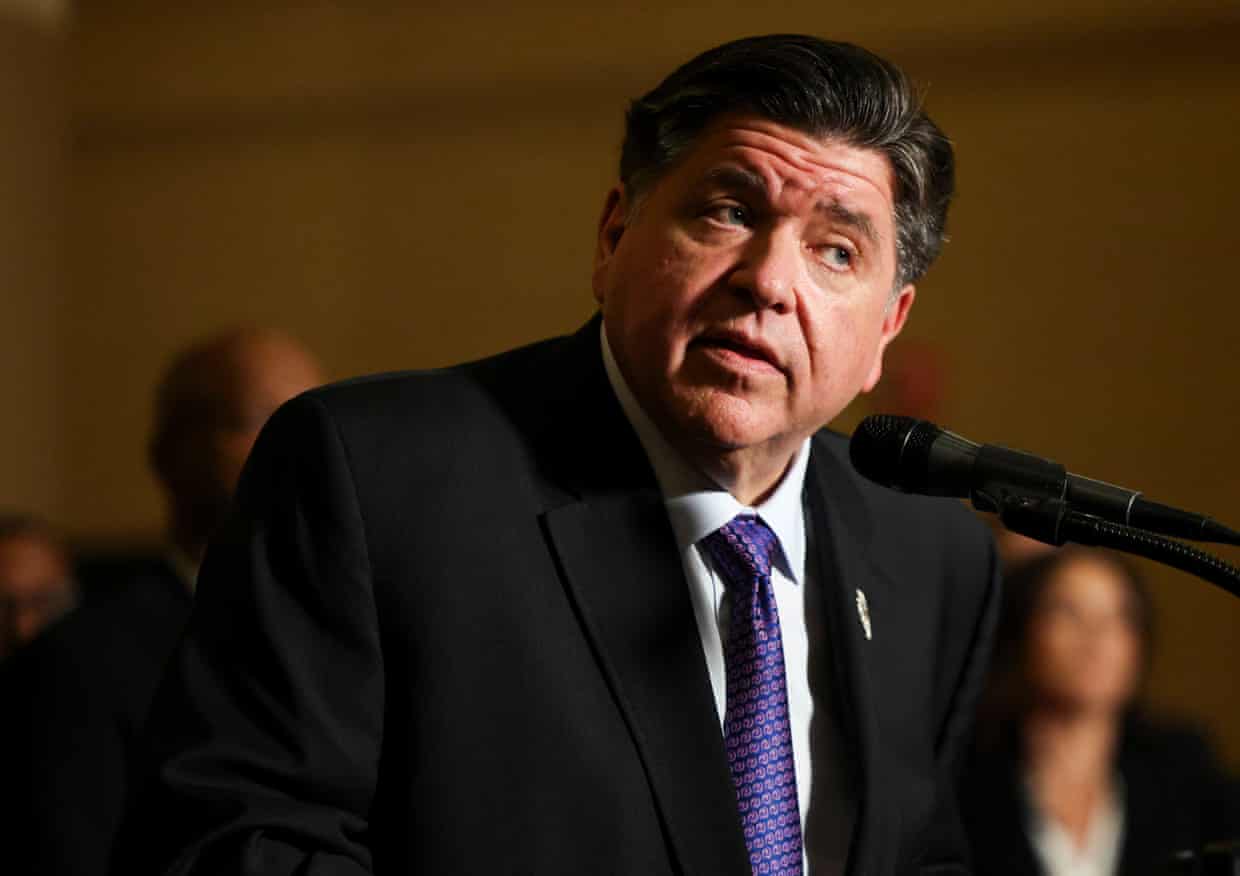
Illinois governor proposes cancelling tax breaks for datacenters
The Illinois governor JB Pritzker proposed a two-year break from offering tax incentives for datacenters, a reflection of increasing public pushback against the massive, resource-hungry facilities used to power the modern AI boom.Pritzker made the proposal, which will need the backing of state lawmakers, during his annual state of the state address, which covers Illinois budget and policy plans. The plan was first reported by NBC News.“In the face of rising demand and surging prices, I’m proposing a two-year pause on authorization of new datacenter tax credits,” Pritzker said. “With the shifting energy landscape, it is imperative that our growth does not undermine affordability and stability for our families
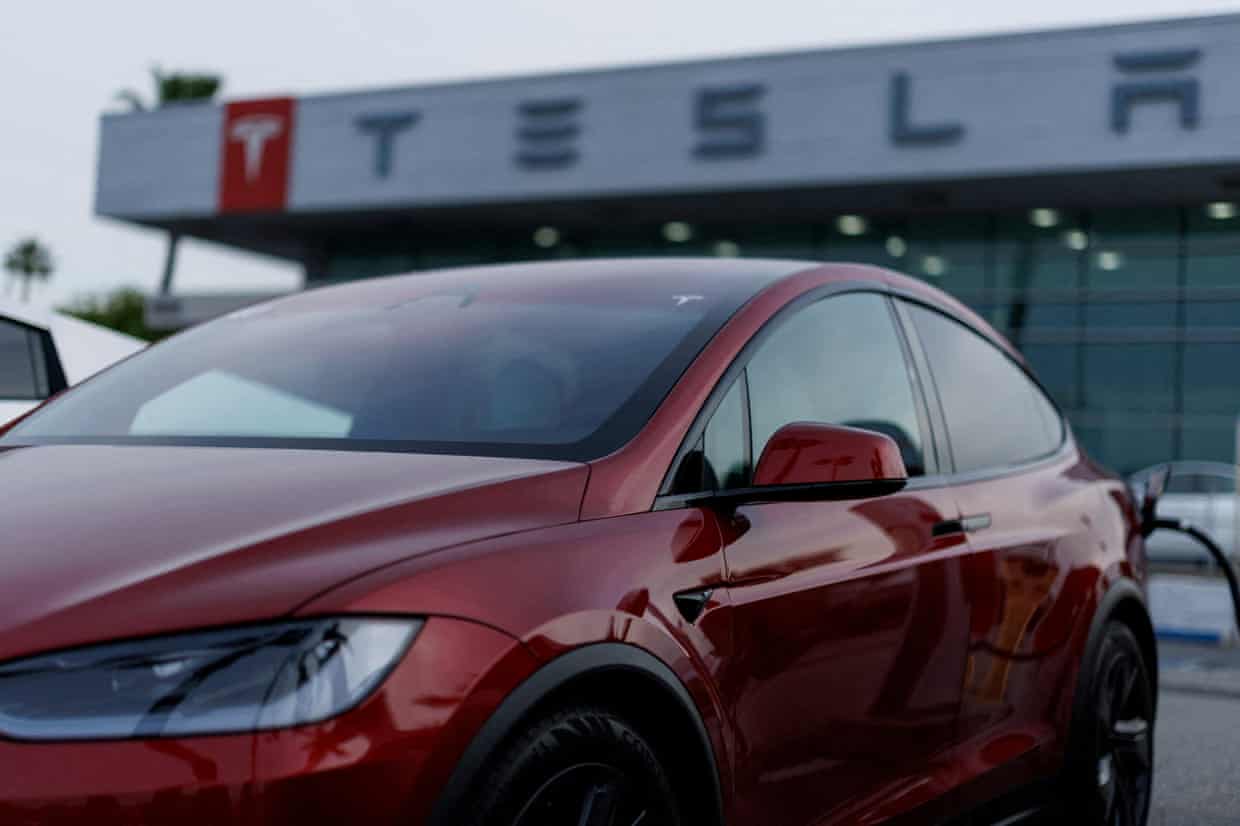
Tesla avoids California sales ban by removing ‘autopilot’ from marketing
Tesla will avoid a 30-day suspension of its dealer and manufacturer licenses in California, its biggest market, after the US electric vehicle maker stopped using the term “autopilot” in the marketing of its vehicles in the state.Tesla now uses the term “supervised” in references to its full self-driving technology and has stopped using “autopilot” entirely in its marketing in the state.State regulators said Tuesday that Tesla had stopped misleading drivers about the safety of its cars, and so the state will not suspend its state sales license for 30 days, as had been threatened.The decision by the California department of motor vehicles comes after CEO Elon Musk’s electric vehicle company was found by an administrative law judge last year to have misled drivers about the ability of Tesla cars to drive themselves in its use of the terms “autopilot” and “full self-driving”. In 2022, the DMV had accused Tesla of misleading consumers by using “autopilot” and “full self-driving” for its advanced driver-assistance features
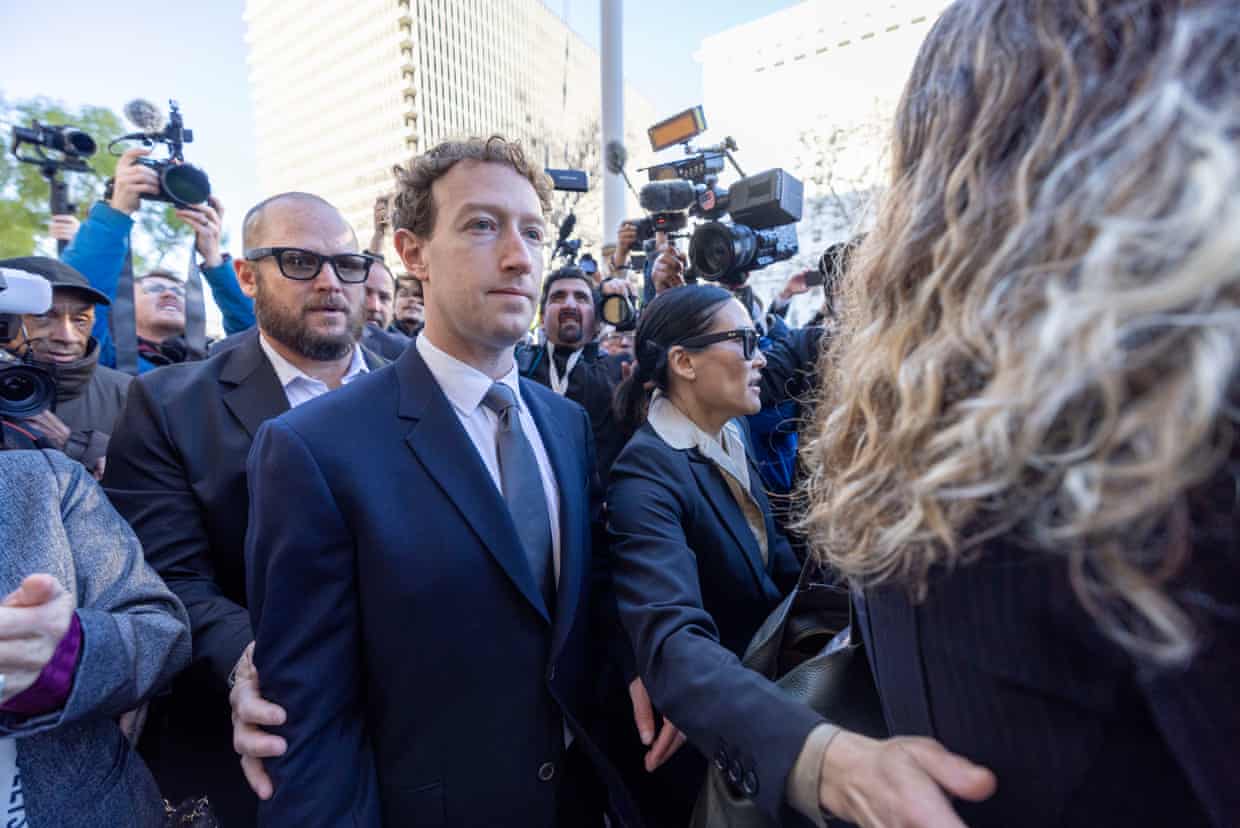
Zuckerberg grilled in landmark social media trial over teen mental health
The Meta CEO, Mark Zuckerberg, testified at a landmark trial of social media companies on Wednesday. Plaintiffs’ lawyers grilled Zuckerberg about internal complaints that not enough was being done to verify whether children under 13 were using the platform.Zuckerberg claimed Meta had improved in identifying underage users but also said: “I always wish that we could have gotten there sooner.”Zuckerberg also said some users lie about their age when joining Instagram and that the company removes those it identifies as underage. The plaintiffs’ lawyers hit back at those claims: “You expect a nine-year-old to read all of the fine print? That’s your basis for swearing under oath that children under 13 are not allowed?” After repeated questioning about age verification, Zuckerberg said: “I don’t see why this is so complicated

Stone, parchment or laser-written glass? Scientists find new way to preserve data
Some cultures used stone, others used parchment. Some even, for a time, used floppy disks. Now scientists have come up with a new way to keep archived data safe that, they say, could endure for millennia: laser-writing in glass.The Guardian’s journalism is independent. We will earn a commission if you buy something through an affiliate link

Finger princesses: are these the biggest villains of the chat group?
We all know one – and there’s a good chance you fall into the category yourself. Here’s how to recognise if you’re a ‘walking, talking red flag’ …Name: Finger princess.Age: The term circulated this month, but the behaviour has been escalating across digital communication for some time.Appearance: Someone you know well enough to share a group chat with.Who?! You tell me
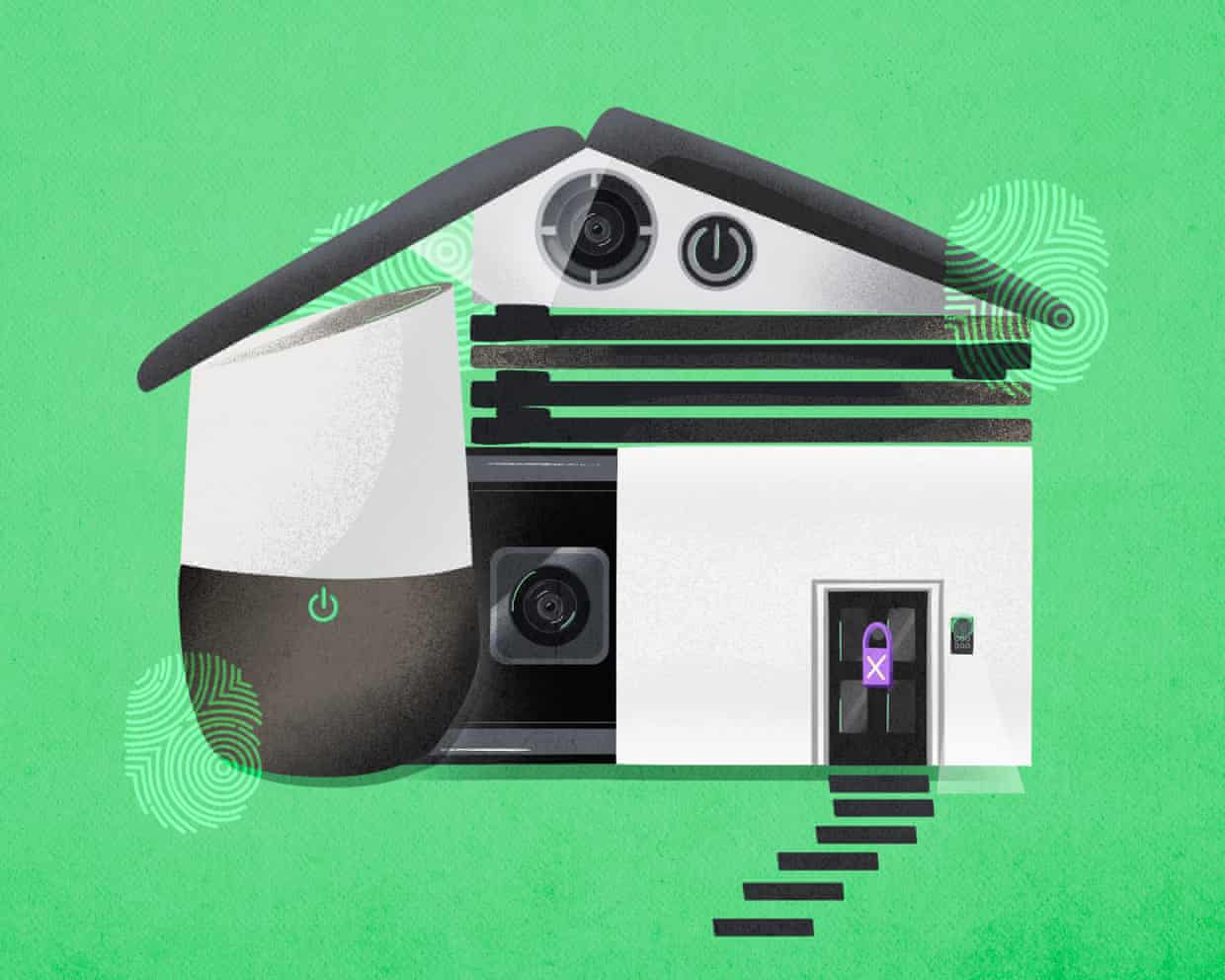
Is it smarter to have a dumb home? ‘We’ve seen clients unable to flush toilets’
When the smart home devices Elly Bailey was expecting in the post never showed up at her Gold Coast home, she was frustrated. As a technology reviewer, these products were crucial for her work.When she eventually found the cause, she had to laugh. It wasn’t a sticky-fingered neighbour or a rogue delivery driver causing her to miss parcels but her smart doorbell – the very thing she’d hoped would prevent missed deliveries, and part of exactly the range of internet-connected devices she was meant to be reviewing.“It’s pretty funny,” says Bailey, 33, who goes by the handle @ellyawesome on TikTok, where she has more than 1

Are you sitting uncomfortably? | Letter
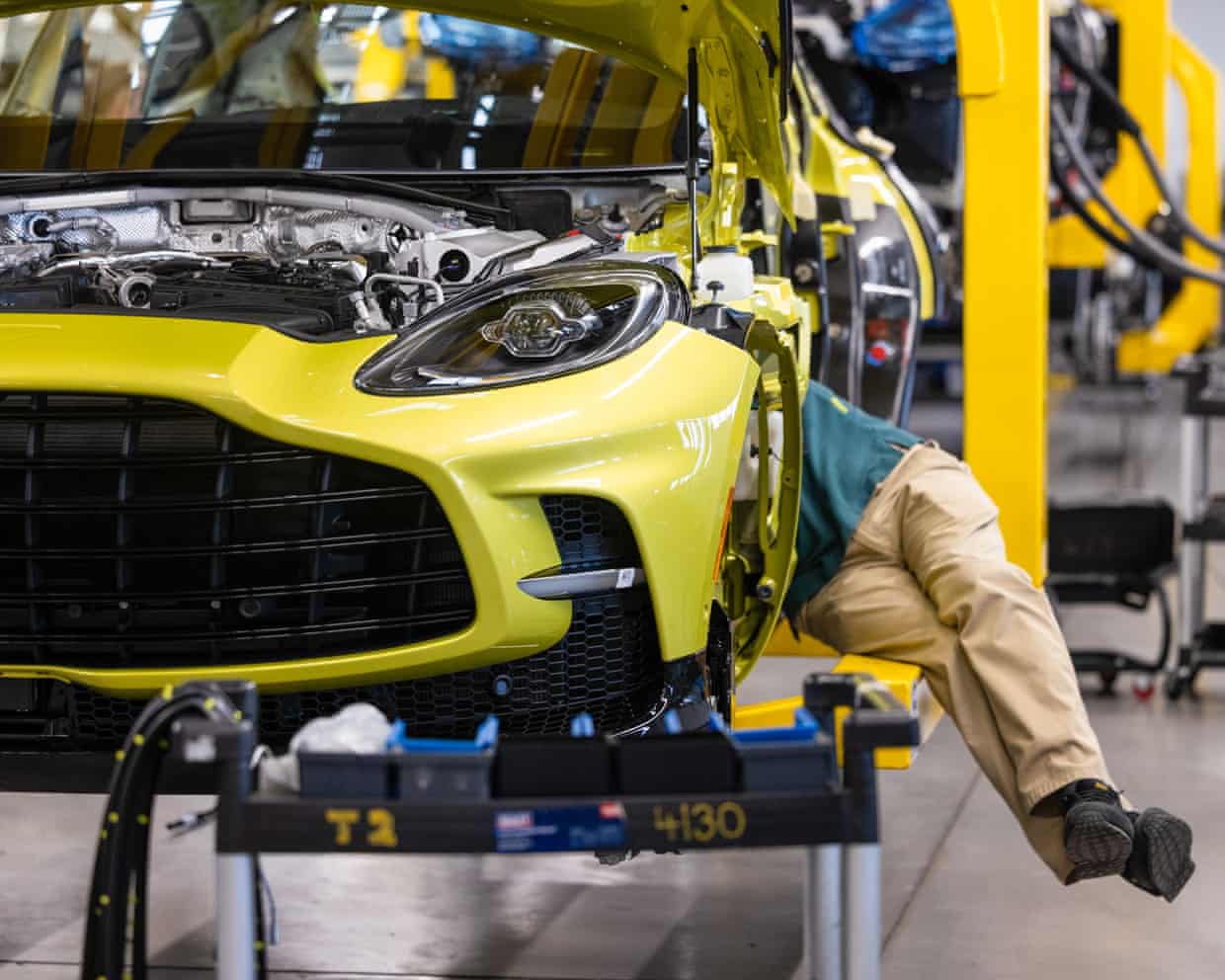
UK manufacturing still beset by low orders and price pressure, says CBI

US builds website that will allow Europeans to view blocked content
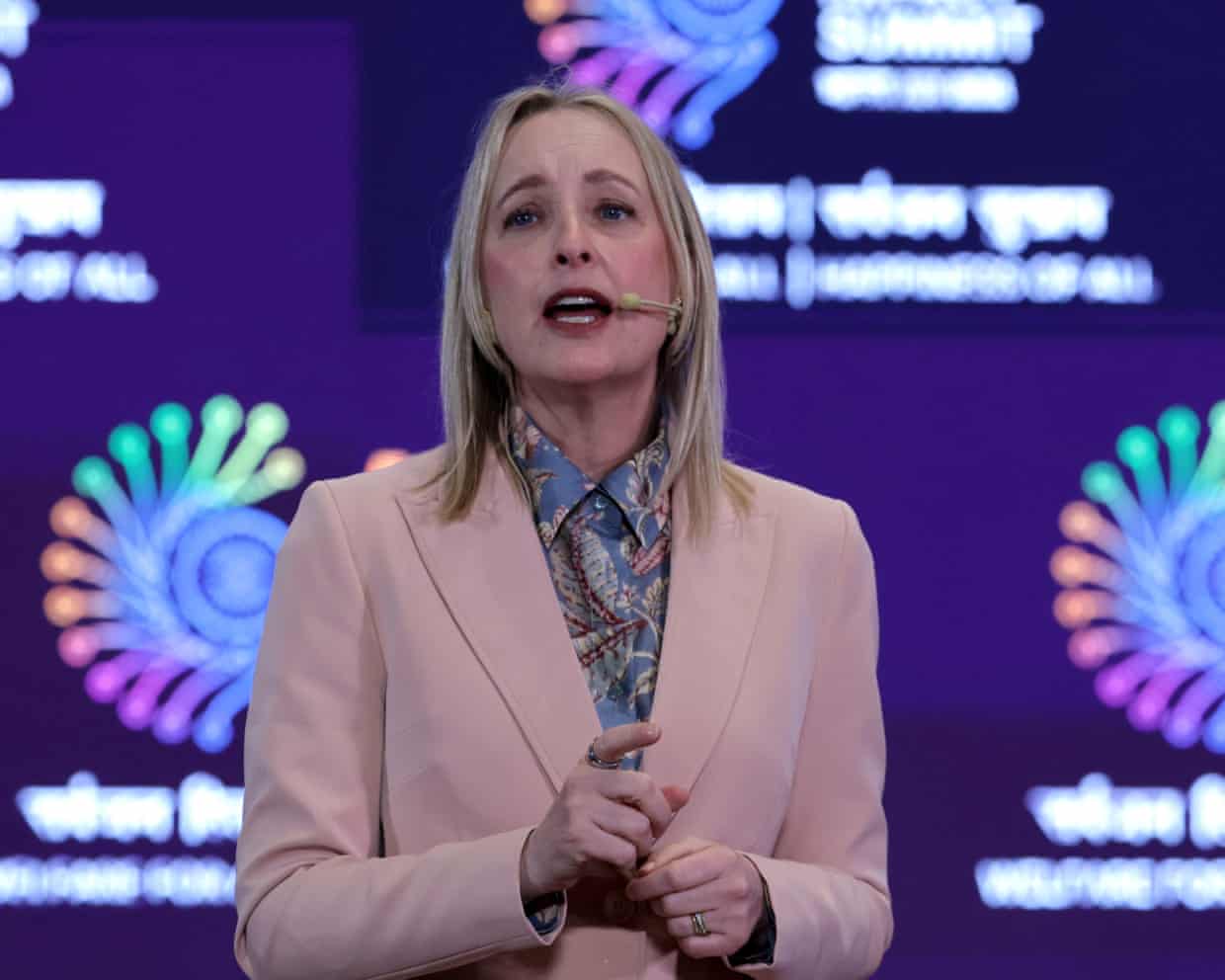
Accenture ‘links staff promotions to use of AI tools’

Winter Olympics 2026: GB men in curling semi-final, figure skating and more – live

Winter Olympics women’s ice hockey final: USA v Canada – live
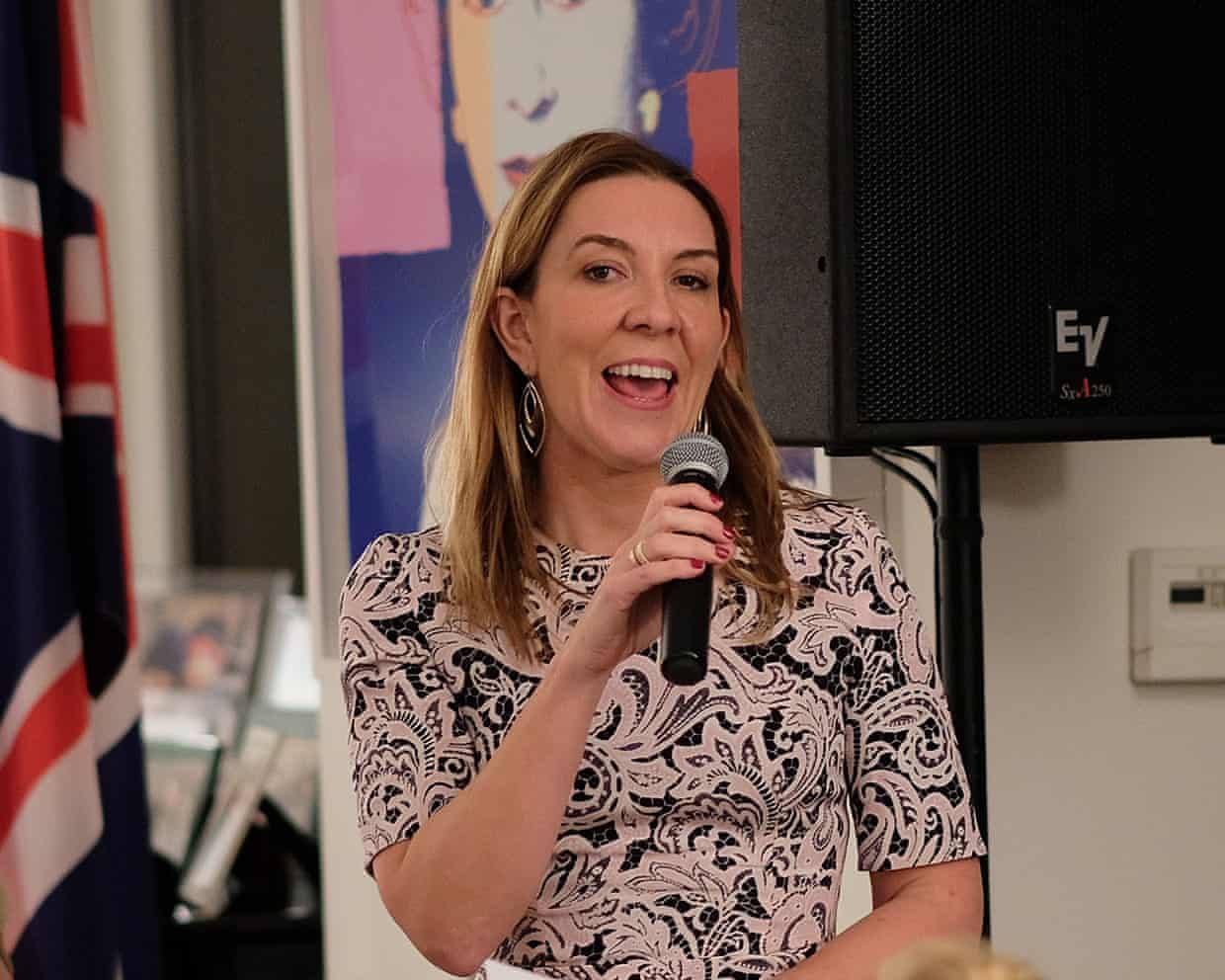
Appointment of Antonia Romeo as head of civil service shows ‘poor judgment’, say former colleagues

Starmer appoints Antonia Romeo as Britain’s first female cabinet secretary – UK politics live

The story of Georgian wine has been 8,000 years in the making | Wine









